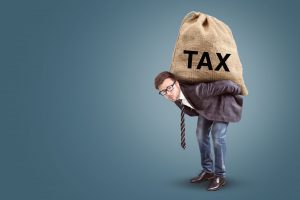California Cannabis Companies Risk License Loss After Joining Fake Labor Union
California cannabis business licenses are on the line – at least a dozen of them – after an investigation by state’s Agricultural Labor Relations Board (ALRB) decided the labor union they signed with isn’t a “bona fide” labor union. 
As our Los Angeles cannabis business lawyers can explain, when the state rolled out regulations for cannabis license requirements, one of those was the mandate to sign a labor peace agreement with a a bona fide labor union.
For those who may not be familiar with labor peace agreements, they are contractual agreements between employers and labor unions. The union agrees it won’t picket, stop work, boycott, or interfere with employer operations, and in exchange, the employer promises not to try to interfere with the union’s ability to organize the workers. The purpose is to lay the foundation of a relationship of collaboration between workers and their employers, with the ultimate goal of boosting stability, safety, productivity, and company longevity. It can also help lower the potential for employee abuse and/or exploitation – which was a major concern of state regulators when they were drafting cannabis company rules.
So what happened here?
According to the ALRB panel findings, a number of California marijuana businesses signed off with an organization dubbed the Professional Technical Union Local 33, or ProTech for short. Problem was it appears to have been a “labor union” in name only. It had few members, made no intent to organize workers, and failed to respond to basic inquiries from the ALRB about its membership and organizational structure.
This is part of a pattern we’ve seen crop up in other regions of the country as well. But why would these companies take the risk of losing their license by signing off with a sketchy labor union? Regulators suspect the motivation for these companies was to sidestep worker protection laws and lower labor costs by signing off with a “labor union” that wasn’t actually a labor union. Continue reading
 Cannabis Law Group's Medical Marijuana Legal Blog
Cannabis Law Group's Medical Marijuana Legal Blog













